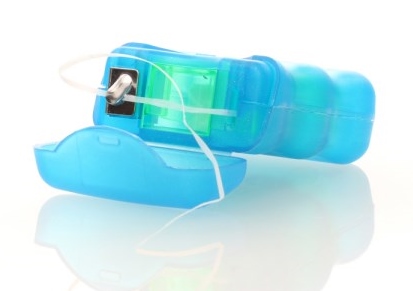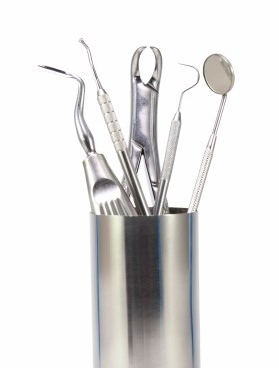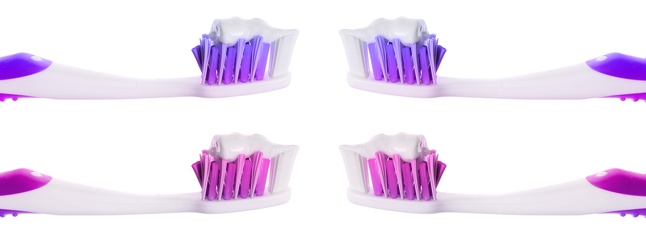PRINTED IN TCI WEEKLY NEWS
September 22nd, 2012
As is true with all aspects of healthcare, prevention of dental problems is better than needing treatment: it is better for the long-term health and strength of your teeth and it is usually better for the health of your wallet!
It is no catastrophe if an adult requires the odd filling over the course of his/her lifetime. This can occur to even the most diligent of people. However, I think it is fair to say that nobody wants a mouth full of (painful) cavities, rotten, broken or crumbling teeth, teeth requiring extraction or gaps in the mouth where teeth are missing. As well as the pain aspect here, it is likely your teeth/ mouth will look unsightly and your breath will be fairly unpleasant too.
Daily Care
The first and singularly the most important thing you can do to prevent teeth and gum problems is to brush your teeth. Brushing your teeth is like washing your knife and fork after you have eaten your dinner with them- you wouldn’t return them to cutlery drawer without being washed and clean, ready for use the next time, so don’t do it with your teeth!

You should brush at least twice a day, when you get up in the morning and the last thing before going to bed at night, using a fluoride toothpaste. This removes the plaque- the white build up that occurs on your teeth- and any food debris left on or around your teeth which, if not removed regularly, will start to cause dental caries (decay).
Fluoride is important because it strengthens tooth enamel, can reverse early decay and help reduce sensitivity. Use a toothbrush with a medium/small head as this makes it easier to get into hard-to-reach places in the mouth.
Gently brush the outside, inside and chewing surface of each tooth. 2 minutes is enough time to thoroughly brush an adult’s teeth. In the case of children up to the age of 7 years, it is often better that the adult does at least some of the brushing to ensure that all the teeth are getting cleaned properly. I recommend using a child’s fluoride toothpaste as the flavor is often less strong and more palatable for a child and the fluoride level is suitably adjusted.
I recommend flossing after you have brushed your teeth in the evening. This removes food particles that are wedged in between the teeth that cannot necessarily be removed by brushing alone.

Whilst not completely necessary, some people like to use a mouth wash which gives a fresh, clean sensation in the mouth. Specifically the foaming action/ bubbles of a peroxide mouth wash can be effective in lifting any remaining food particles from the teeth. I recommend a mouth wash that is alcohol-free.
Regular visits to the dentist
Dental check-ups or examinations are important in ensuring that any problems are detected early and corrective action can be taken by the dentist. You can have cavities or gum disease without necessarily having pain; bad breath, bleeding gums, a white or light brown mark on the teeth can all be signs of potential problems or you may have no obvious symptoms at all. Early detection and correction of dental problems will mean less chance of dental pain, less chance of requiring emergency, complex or expensive treatment and less chance of losing teeth. I recommend a dental check-up once a year if your teeth are in good shape or every six months if you have had or are having problems. I also recommend that children attend every six months.
Professional cleaning will also ensure that teeth are given a thorough, deep cleaning and any calculus- which regular brushing at home cannot remove- is scaled away.
